10 Reasons Why a Mobile App Is a Necessity for Small Business
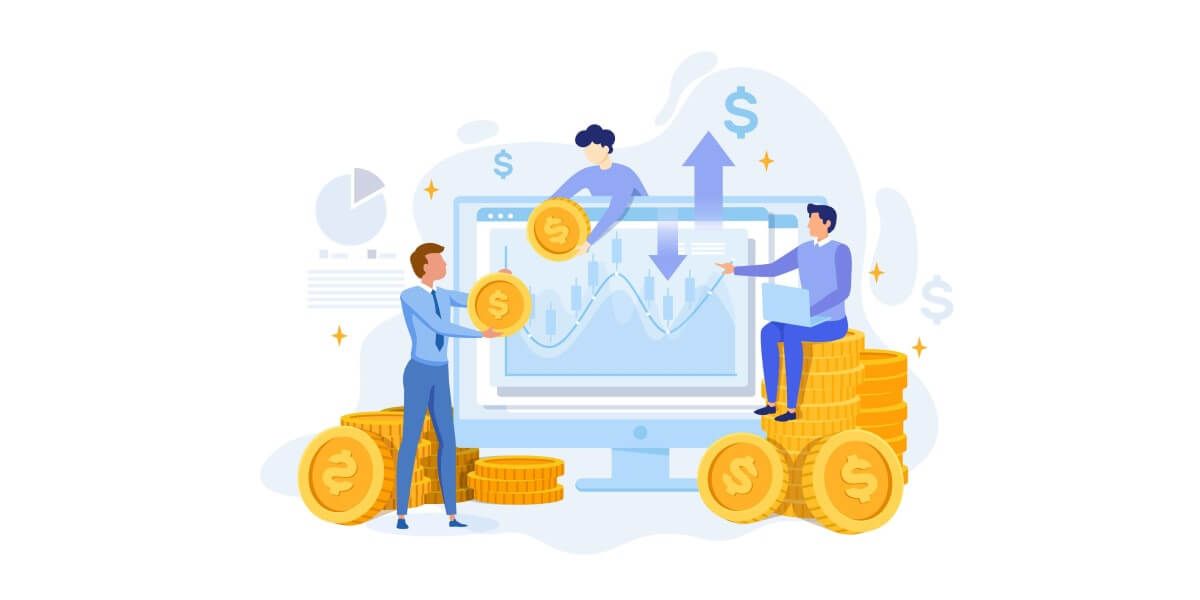
A lot of owners of small businesses do not have a mobile app. And if you are one of them, you too lose your revenue day after day. The thing is simple – you are handling your customers to the competitors, having a mobile app for business. Sounds scary? It should.
Mobile apps are everywhere. The first sound you hear – an alarm clock – is an app. You check the weather in the app, read the news while having breakfast, and even call the taxi through an app. If something, one can order food or even have a sick leave with the help of an app. So it’s natural for small business owners to try to grasp an advantage and make their customers spend more and more time on their devices.
Still not sure? If so, we have collected 10 rational reasons why a mobile app is a must if you want your business to be more profitable. We are sure that after finishing this section you will be 100% convinced. So, go ahead.
10 reasons to create a mobile app for business
1. Sales rise
The first and foremost goal of any entrepreneur is to increase sales. And mobile apps are the key, especially for small businesses. This point is logical enough, but we do not want it to sound like mere words, so you can see the market leaders’ experience to which we decided to refer. For example:
- Domino’s Pizza. Their online sales faced a growth of up to 30% after the mobile app was released. Nowadays more than half of all orders are placed through the app and this rate continues growing.
- Taco Bell’s app also led to a dramatically increased sales rate. But the nail here is that the orders, being placed online, were 20% bigger on average than the orders, placed offline.
- Zara’s experience is unprecedented. Their sales increased by more than 60% after the app was launched. No wonder he became the richest person in the world.
Planned and done properly, app development is a profitable decision. Look at your income, you can increase it by 30% on average with an app.

2. Be insight
Small businesses have one huge problem. They have to compete with famous brands all the time, day after day. For example, people all over the world know Starbucks and H&M, but local coffee shops or clothes stores are known only locally in their neighbourhood.
A mobile app allows you to be more visible. Let’s have a closer look at this point.
- There’s no better reminder for the customer than the big bright logo of your business on his screen. So you always remind the people that you are here for them and ready to take an order.
- It works for the customers’ friends. Perhaps, they do not know about your brand, but having spotted the logo once or twice, especially if the customer makes orders, they might become interested in you and will be eager to know more about the brand and the store.

3. Everyone has a smartphone
Today every three out of four people are mobile users. It sounds rational, as far as even kids have their own devices. This data was provided by Statista, back in 2016. And by 2021, up to 80% of the world population will have a mobile phone. Look at the developed countries now - the amount of mobile phone users is close to 100%. So if you will try to figure out how many of your customers use a mobile phone on an everyday basis, the number will be close to 100%.
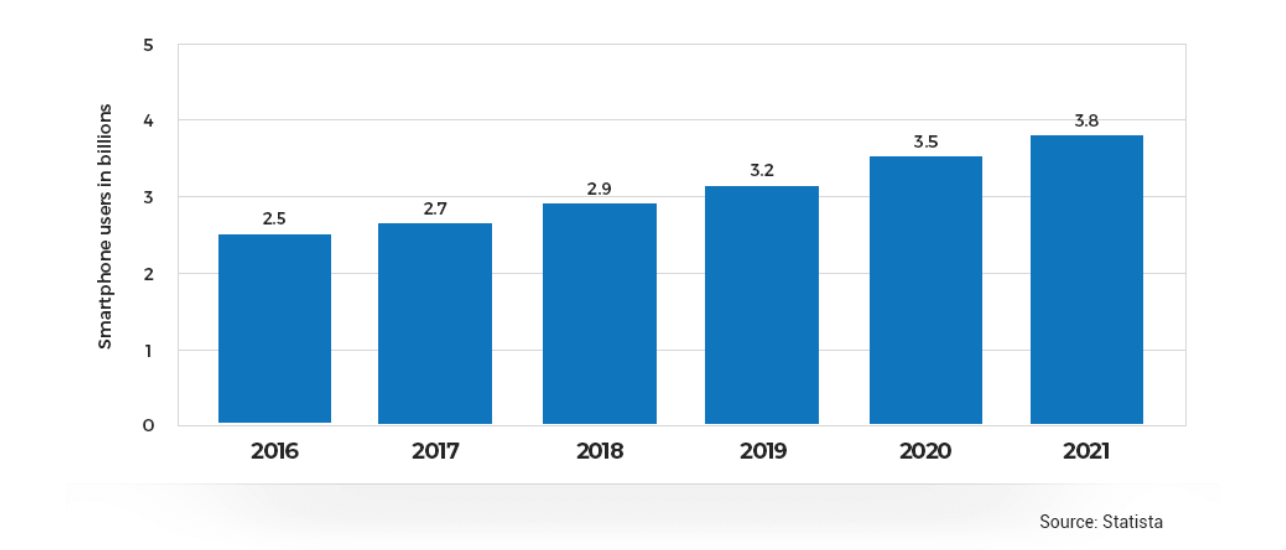
Number of smartphone users worldwide (2016-2021 (in billions))
It means that you can create a mobile app and get all the advantages, giving your customers what they want and used to – their favorite service at hand.
One of the most harmful myths is that mobile apps work only if the target audience of your business is youngsters. It was true when mobile apps were just entering the market, but now the statistics provide completely different data. All age groups use smartphones. So regardless of age you can target the customers and develop an app.
4. Turn your customers back
Mobile apps serve not just to get you more customers. One of their most amazing features is almost infinite retargeting potential. Let’s have a closer look at how it works in real life.
First, push notifications. They can encourage users to do certain actions if they are not annoying of course. For example:
- In case a user did not finish his order, an app can send a reminder to the user, helping him to make a final decision. According to statistics, most users add something to the cart after receiving such a notification and finish the order.
- When the user passes your offline store, he can get a notification with an invitation to visit and check the hottest offers.
- If a customer was looking for specific gods, you can send him a notification when these goods appear in-store or when there are discounts or sales.
Your users will get only relevant notifications instead of annoying generic push notifications or SMS(yes, some networks still use them). So the customers will stay engaged and loyal. The reason is simple – they will not be annoyed and angry at your brand. Moreover, relevant notifications can help you to increase abandoned but finished orders by 25% according to Digital Information World.
5. Personalization
Have you ever thought about why people like apps so much? The answer is simple – apps make people feel special. You are always a guest while visiting a website. Good apps make you feel as if you are at home. The difference in emotional feedback is caused by personalization. A lot of research works in the area tell us about that. Here are more statistics:
- According to Epsilon, more than 80% of the customers mentioned that they prefer a company, providing personalized experiences.
- The research, conducted by LoyaltyOne, showed that 76% of respondents would prefer to get personalized recommendations according to their recent activity on the web.
- RetailMeNot, in their turn, found out that 67% of customers are ready to provide some additional personal info to receive access to a better and more personalized shopping experience.
Apps can remember your own privacy settings, so it’s not even needed to log in to get a personalized experience. Wish lists, shopping carts, history or progress in loyalty programs, combined with a bit of personal information that machine learning can use, are one of the best ways to provide user-specific experience, no matter what field we are talking about.
6. Keep up with competitors
Bad news for you. If it is the first article you are reading on the topic, you are a bit late. The thing is, back in 2017 almost 40% of interviewed small businesses had their own mobile app. Nowadays the figures are close to 90%, so 2 out of 3 business owners have already implemented an app and get an income increase.
However, it’s not enough today just to have an app, as far it is not an advantage anymore. It is a strong necessity. Just think about it – you are losing the customers to your competitors every single day you postpone creating your own app. It’s up to you to decide what to do.
7. Better Customer Experience
One thing to remember – you are developing an app not for yourself but for your customers. In most cases, your vision of what is necessary differs from one of our target audience and clients. For the customer, an app improves his experience and he looks at the app from this point of view. Just to compare: any business owner will tell that an app is a way to increase income, a part of marketing strategy, one of the communication channels, and so on, and so on.
Personalization is not the only way of UX improvement. User-friendly navigation and smooth in-store experience also counts.
Good UX is the value that you offer the users and get loyalty increase in return, so spend some time to dip into this topic and the results will surprise you.
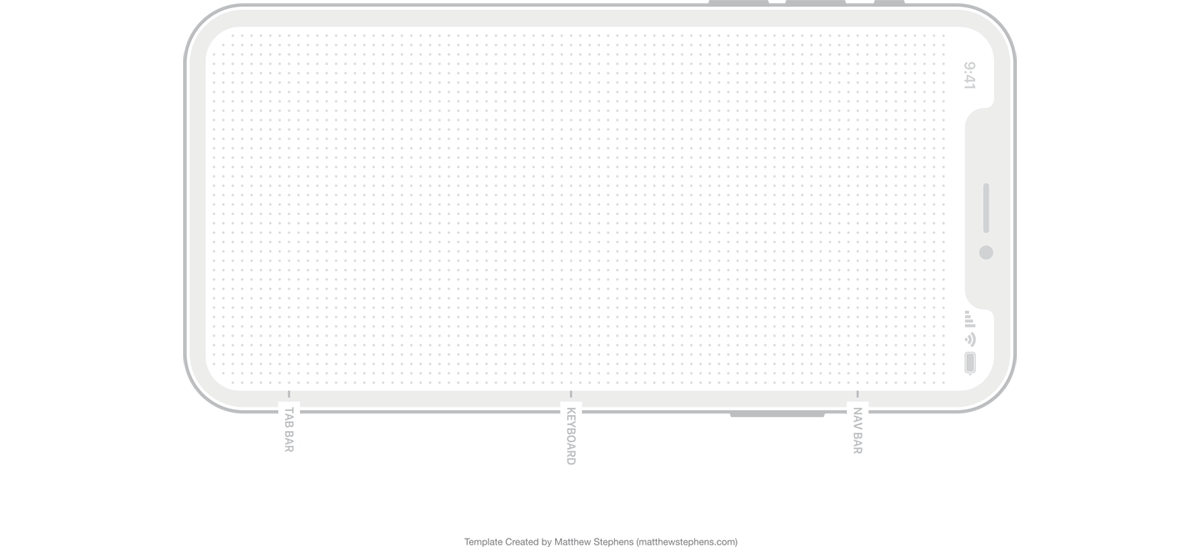
8. Effective marketing tool
Mobile apps can have one additional function, which is especially useful for small businesses – they can be used as one of the marketing tools. For example, social networks. People spend hours reading the feed, sharing, liking, posting and so on. And while they are sharing their thoughts, they can promote your service for free. If, of course, your service is worth talking about.
The easiest ways to get good reviews and create hype, especially in social media, is to provide the customers with good service, unique product or something they are looking for. Add social integration to your marketing strategy, rewarding users for sharing, likes or inviting a friend, so both sides will win in the end, having substantial benefits.
Among the marketers this strategy is known as word-of-mouth marketing. It shows unbelievable profitability while used for small businesses. One of its biggest advantages is relatively low cost, combined with effectiveness.
9. Brand loyalty
One of the biggest mistakes business owners make is thinking that strong promotion will solve all the issues. But in reality repeat customers are the group one should focus on. In other words, people, using your product on a regular basis, will provide you with the most substantial income. And here loyalty programs of all sorts come and become inevitable.
While talking about Brand Loyalty, marketers mix it with the customers’ trust, when people consider your product a reliable one. But the Brand Loyalty concept is not about that, it is about readiness of the customers to use your service or purchase a product again, no matter what competitors do. In simple words, Brand Loyalty is a positive feeling about your brand, turning casual customers into long-time ones. It increases their LTV, or lifetime value.
Kristy Campbell and Jed Williams say:
- Longtime customers generate around 51% of the income, while speaking about small businesses.
- As a rule, it is 10 times cheaper to retail an existing customer, instead of getting a new one.
- 5% increase in retention may lead to a 25-100% increase in revenue.
Developing a mobile app for business, keep in mind the programs you are going to implement later on to increase customers loyalty. There are some ideas, listed below.
- Points system. It is the most obvious, so-called “classic” solution. The logic is simple and straightforward: users get points for different actions inside an app. The points can be exchanged later on to get some additional features or goods.
- Tiers system. This strategy is close to the previous one, but is not the same. Users collect points, but instead spending them they can level up, unlocking additional.
- Coupons. According to the statistics, users prefer this option to all the other ones. All these offers these “buy one, get one free” encourage users not just to make an order right away, but to visit an app more often to check If there’s something interesting.
Another way to implement loyalty programs is by using a so-called “gamification element”, so the users are more engaged in using the app.
10. Data analytics
Another reason to make a mobile app for business is customer data. Your app will gather different stats that can be used later to make calculated data-driven business decisions to improve UX and increase your revenue.
There’s a lot of data you can get from the app and the information, provided by users:
- Services and goods your customers use or are interested in.
- When users are most active, you will know when to put more ads or use this information in your marketing strategy in any possible way.
- Check behavioral patterns of the customers they demonstrate in your app.
The list above is just a small part of the data you can get and use to make your marketing strategy more profitable and effective.
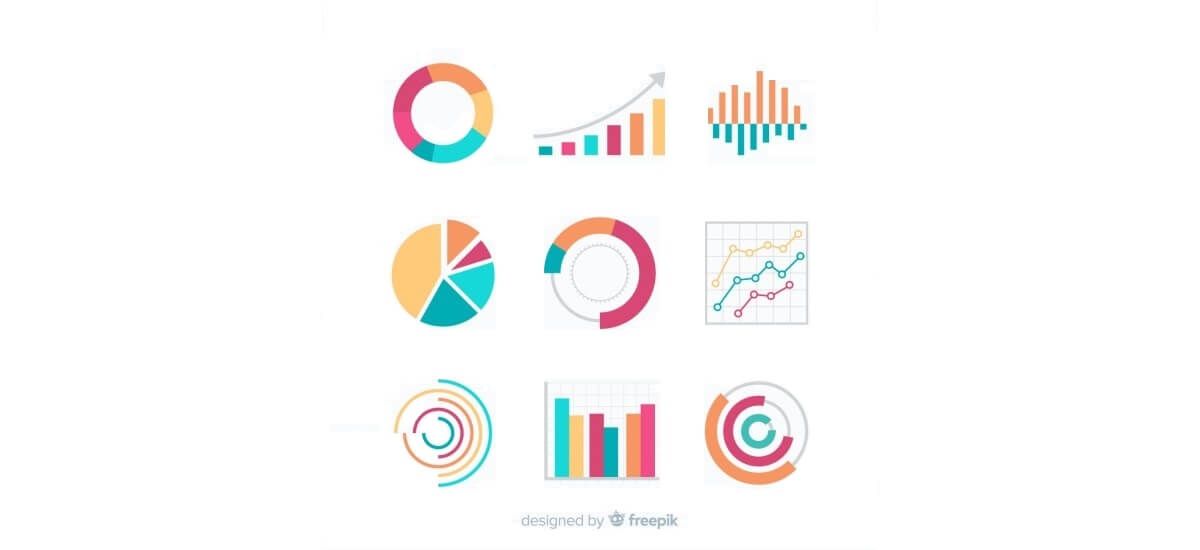
Now, when we have covered 10 reasons why a mobile app for business is a necessity, especially a small one, let’s have a look at another point worth considering – the possible costs of developing such an app so you can see if it really is worth doing. Spoiler: it does!
Costs of developing a mobile app for businesses
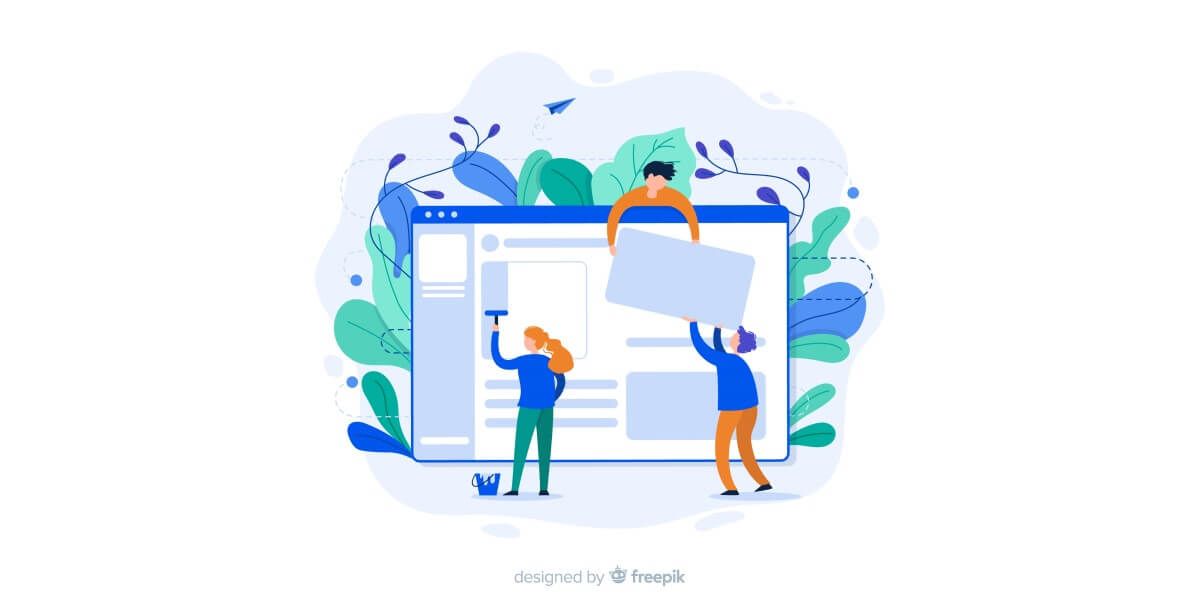
All apps are different, so the first and foremost point to remember is that the figures, mentioned here, can’t be considered the absolute truth. They can vary and depend on thousands of factors, linked to each other.
Most often requests to develop a mobile app come from the retail, restaurant, food delivery, and hotel business, so we have decided to provide you with the estimated cost of the app in these categories and collected the data in the charts below.
Important: the estimations are approximate and rough. For an exact calculation, please, contact us!
Note: we used an average rate of $35/hour but depending on multiple factors, it’s not a definite final price.
Retail and e-commerce apps
This category includes lots and lots of different businesses, which makes it the largest one. Here you can meet clothes, books, furniture, tech, cosmetics, and other shops. The costs to develop an app for the most popular categories are:
Retail app
Task
Hours
Dollars
React Native Core
440
$15,400
iOS Adjustments
45
$1,575
Android Adjustments
65
$2,275
*** not including BackEnd
Restaurant app
This category includes different eateries as well, which makes it very popular among entrepreneurs. You can see here everything from fast food to luxury restaurants. We have calculated an average budget needed to develop an app with proper functionality:
Task
Hours
Dollars
React Native Core
530
$18,550
iOS Adjustments
40
$1,400
Android Adjustments
65
$2,275
*** not including BackEnd
Food delivery app
It turned out to be a great idea – to provide users with cheap and fast delivery service without actually having a restaurant. One of the examples is Postmates, and it shows that the idea can be profitable and in 2021 as well. But in this case our developers would rather recommend to develop two versions of the app, one for the customers and another one for the couriers, as well as Admin Web-Panel to control everything. So the figures for this category are the following:
Task
Hours
Dollars
React Native Core
850
$29,750
iOS Adjustments
80
$2,800
Android Adjustments
100
$3,500
*** not including BackEnd
By the way, you can learn a couple of advice from our experience in developing a delivery app in the article: Keep up to Date With Your Best On-Demand Food Delivery App!
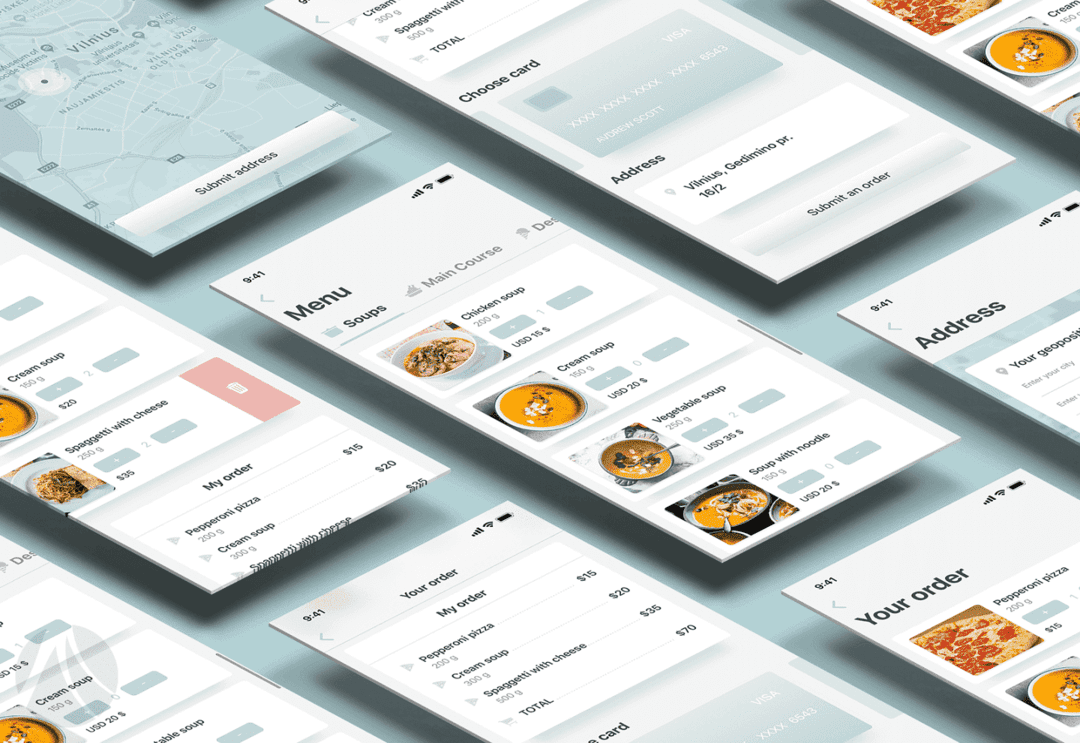
Food Ordering App For Restaurants Network - Celadon Case
Hotel booking app
Neither big cities, nor resorts can prosper without hotels and guest houses. The number of requests to develop a hotel booking app increased, so we have decided to include this category in the article as well and provide you with the estimated figures:
Task
Hours
Dollars
React Native Core
425
$14,875
iOS Adjustments
45
$1,575
Android Adjustments
60
$2,100
*** not including BackEnd
Conclusion
We have learnt 10 reasons to develop an app for your business, so if you had any doubts, they should have disappeared now. It is not just mainstream, it is a necessity and a way to increase your income.
We covered the money part too, while in most articles it is carefully avoided. To tell it short, the development costs start from 20,000$. But the final check depends on the complexity of the app and its functionality.
Still have questions or feel like you need help with your app development? Contact us, so we can answer all the questions and develop an app, perfect for your business’ needs.